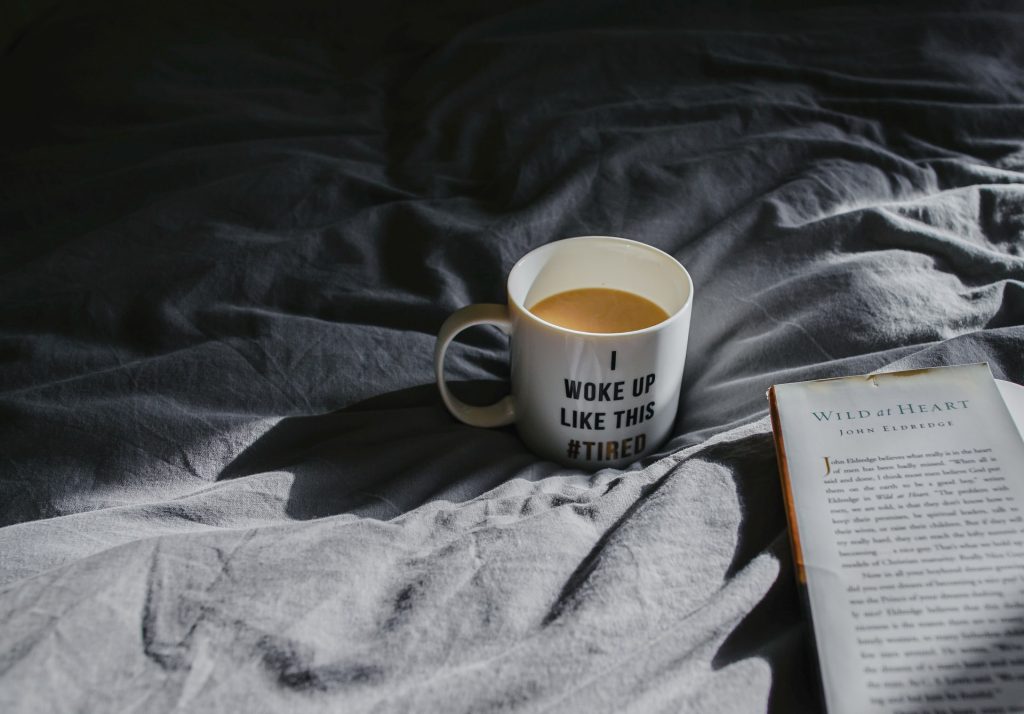
Depending on coffee to get through the day after a night of poor sleep isn’t always the answer, suggests a new study from Michigan State University.
Researchers from MSU’s Sleep and Learning Lab, led by psychology associate professor Kimberly Fenn, assessed the effectiveness of caffeine in counteracting the negative effects of sleep deprivation on cognition. It turned out that caffeine only helps up to a point.
The study assessed the impact of caffeine following a night of sleep deprivation. The study recruited over 275 participants who were asked to complete a simple attention task as well as a more challenging ‘placekeeping’ task where tasks had to be completed in a specific order without skipping or repeating steps.
Asst Prof Fenn’s study is the first to investigate the effect of caffeine on placekeeping after a period of sleep deprivation.
“We found that sleep deprivation impaired performance on both types of tasks and that having caffeine helped people successfully achieve the easier task,” said Asst Prof Fenn. “However, it had little effect on performance on the placekeeping task for most participants.”
She added: “Caffeine may improve the ability to stay awake and attend to a task, but it doesn’t do much to prevent the sort of procedural errors that can cause things like medical mistakes and car accidents.”
The US population has a pervasive lack of sleep, a problem that has intensified during the pandemic, Asst Prof Fenn said. Having inadequated sleep impacts not only cognition and mood, but can eventually weaken immunity.
“Caffeine increases energy, reduces sleepiness and can even improve mood, but it absolutely does not replace a full night of sleep, Fenn said. “Although people may feel as if they can combat sleep deprivation with caffeine, their performance on higher-level tasks will likely still be impaired. This is one of the reasons why sleep deprivation can be so dangerous.”
Asst Prof Fenn said that the study has theoretical and practical implications.
“If we had found that caffeine significantly reduced procedural errors under conditions of sleep deprivation, this would have broad implications for individuals who must perform high stakes procedures with insufficient sleep, like surgeons, pilots and police officers,” she concluded. “Instead, our findings underscore the importance of prioritising sleep.”
The study can be found online.
Source: Michigan State University

